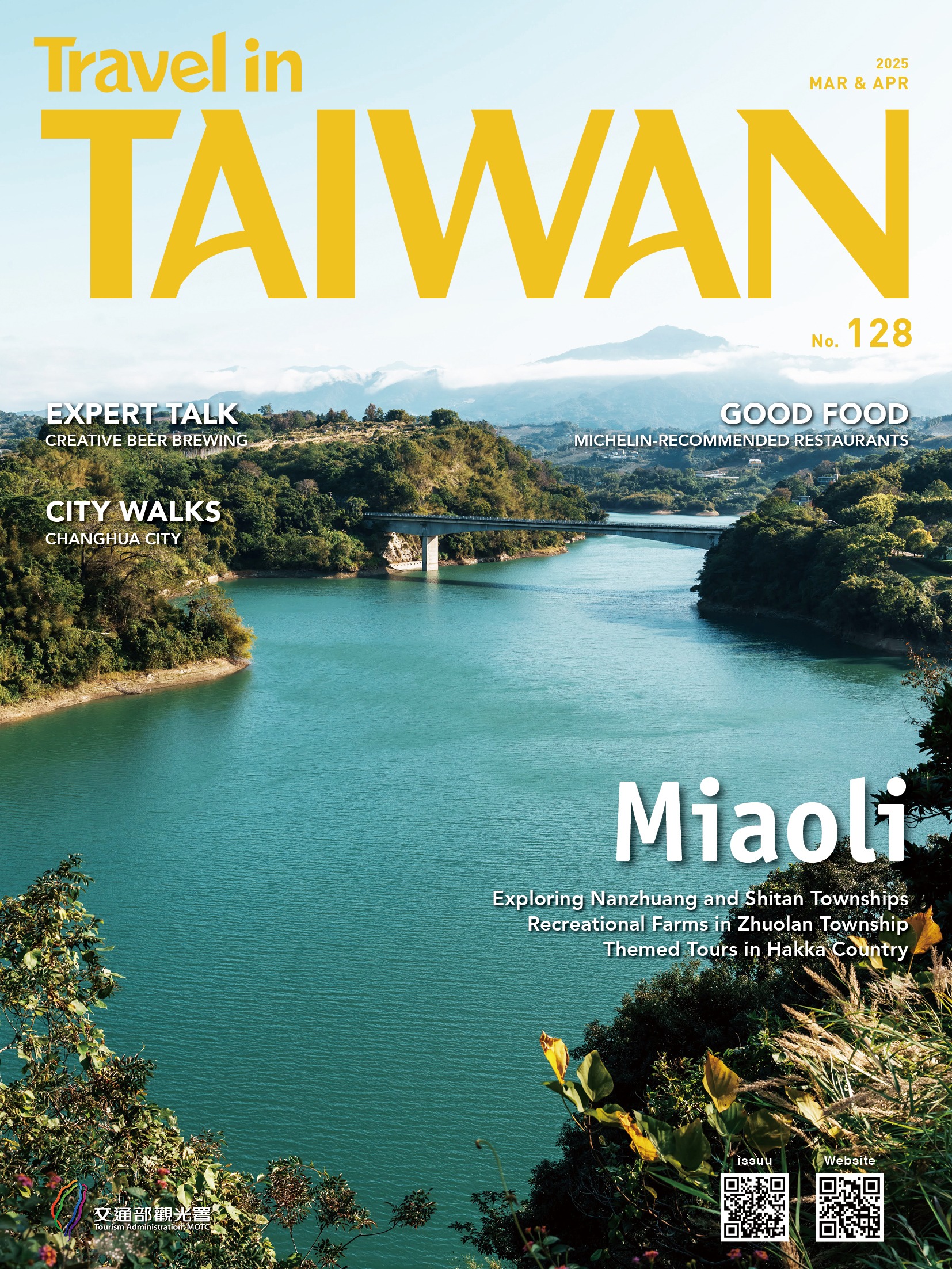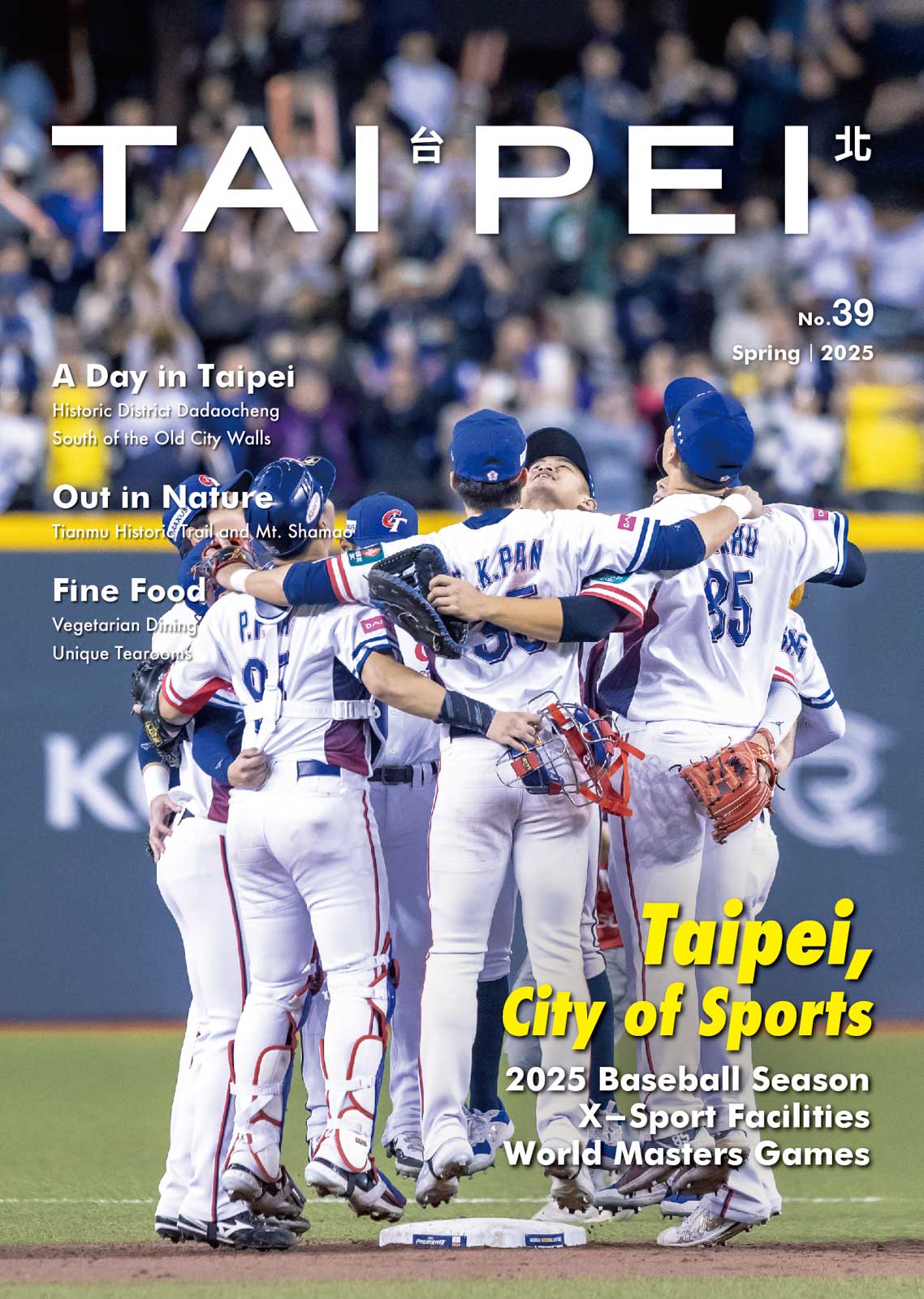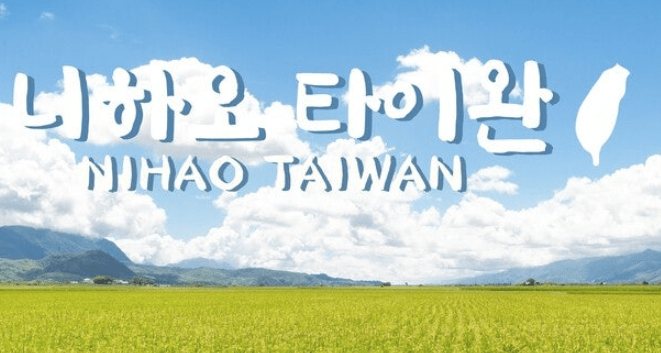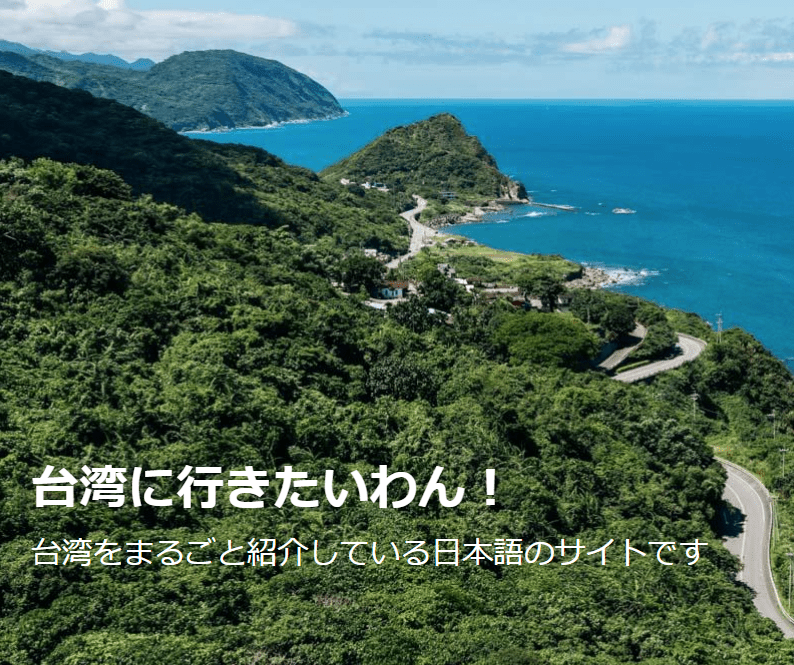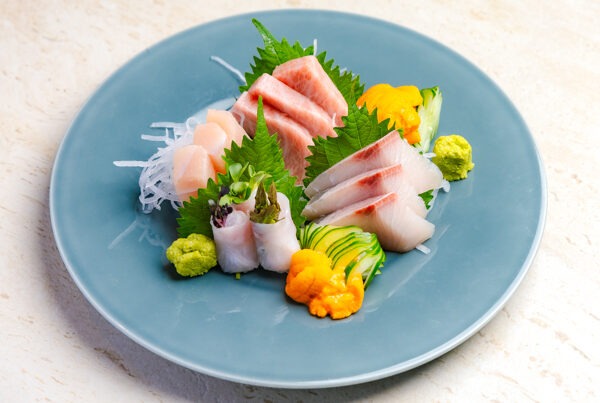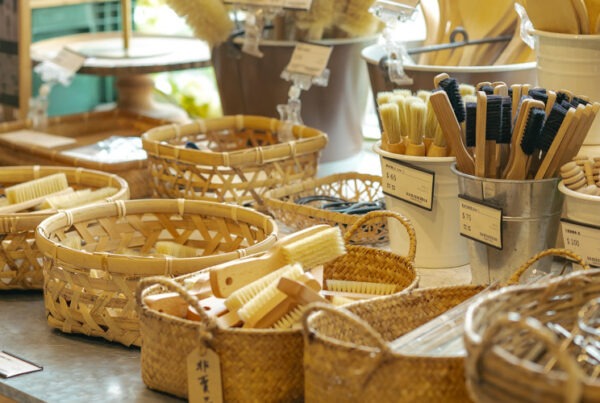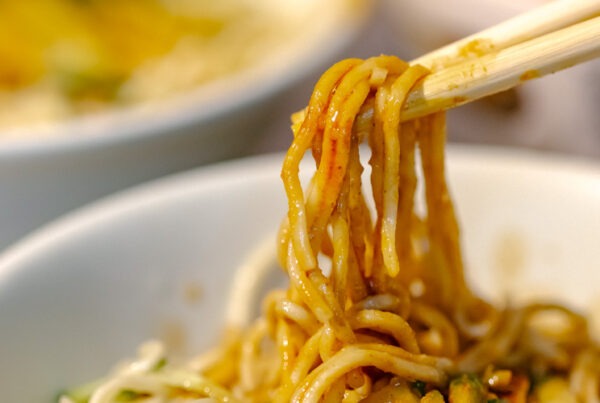Serene Scenic Excursions Along Taipei’s Rivers
TEXT | HAN CHEUNG
PHOTOS | CHEN CHENG-KUO, VISION
With stations of the YouBike public bike-rental system seemingly on every other corner, it’s beyond convenient to hop on a bike and ride along Taipei’s extensive network of bike paths. Those along the city’s rivers are especially popular with local bike riders. Here we take a look at two riverside routes, along the Keelung River and the Jingmei/Xindian rivers.
Note: This article was published in the 2024 Winter Edition of TAIPEI magazine, a publication by the Taipei City Government.
If you seek respite from the clamor of the metropolis, head to one of the city’s breezy riverside parks, which are linked by 112km of interconnected bike paths running along the riverbanks. These verdant oases are separated from the streets by floodwalls, and it’s not too hard to reach an entry point along one of the four rivers running through the Taipei Basin: Tamsui, Keelung, Xindian, and Jingmei. The city government began building the paths in 2002, and by 2012 cyclists were able to make a roughly 50km loop along the edges of the city core, mostly using the riverside bikeways. The paths are easy to follow, well-maintained, and the terrain is generally flat, making them a breeze to traverse with a YouBike. There are also Taipei Riverside Bike Rental Centers at certain points along the rivers. The routes offer splendid and consistent views of the respective rivers, cityscape, and mountains beyond, punctuated by picturesque bridges that are popular with photographers. One can ride for hours from one corner of the city to the next and on to the next, and also continue on to New Taipei City’s historic seaport of Tamsui and other destinations.

Cyclists will pass by scores of people exercising at the numerous sports facilities along the way, as well as colorful playgrounds, flower fields, dog parks, art installations, and other intriguing sights and scenery. There are plenty of vending machines, bathroom facilities, and a few places selling food as well. Take note of the nearby urban-area attractions along the way that you feel are worth a pit stop, and then just find the right floodgate or ramp to cross through/over the floodwall.
Keelung Riverside Bikeway
The Keelung Riverside Bikeway begins in the east, close to Nanhu Bridge, and follows the right and left banks of the river all the way to the Shezi Peninsula. Note the remains of the Wufen Suspension Bridge on the Neihu side. The bridge was built in 1918, and back then porters would carry coal across the river to Nangang Railway Station, from where it would be distributed to the rest of the island.
Encompassing a grassy hill further west is Neihu Restoration Park, a remarkable example of urban transformation. Once the site of a notorious “garbage mountain” landfill that heavily polluted the river and caught fire multiple times during the 1980s, the area has been reborn as a green space, opening in 2015 as one of the city’s most notable cleanup success stories. The 95-year-old concrete pier of the defunct Huluzhou Suspension Bridge was retrieved from the original waste site and now stands alongside the bike path.
Riders will begin seeing exercisers upon entering Chengmei Right Bank Riverside Park, where one can play tennis, basketball, and baseball, do roller skating, and work out on various fitness contraptions. The star here is the mildly S-shaped Rainbow Bridge and its bright-red supporting arch. From the bridge, you can enjoy sweeping views of the river area and beyond. The floodgate by the LOVE sculpture on the left bank leads to Raohe Street Night Market and the impressive six-story Songshan Ciyou Temple.


Mosey along the riverbend starting just west of the bridge, now on the left bank, through Guanshan Riverside Park, which is quite scenic, with open grassland dotted with shrubs and flower fields along with towering river-leaping bridges. Watch for elderly folks playing croquet, sometimes in conical farmer’s hats. An eye-catching playground with a frog theme introduces children to the three main frog species found in these parts, and a newly built Airplane Watching Platform with a colorful glass brick arch provides a prime spot to watch planes from nearby Taipei Songshan Airport roar by.



The expansive Dajia Riverside Park plays host to numerous city events and concerts, including the annual Taipei International Dragon Boat Championships. Here you can try your hand at several watersports, such as kayaking and stand-up paddleboarding, and the playgrounds are aquatic-themed and equipped with water-play areas. Highlights of the park include 1,300m2 of sunflower fields that remain in full bloom until the end of November, and the Fountain of Hope that projects a fan-shaped water curtain as high as a 25-story building.

Exit the park at Evacuation Gate 10 to visit the Lin An Tai Historical House and Museum, a charming courtyard residence in traditional southern Fujianese style, built in the 1780s. The complex was originally located about 8km away and was nearly demolished in a road-widening project during the 1970s, but scholars and experts rushed in to save it. It was taken apart and painstakingly put back together piece by piece in the current location, where it’s surrounded by a landscaped garden with serene walkways and a pond. Expect to see couples clad in traditional clothing taking wedding photos.



Across the street from this complex is the Taipei Collectible Botanical Garden, which boasts specimens of more than 500 varieties of plants from different climate zones. This secluded refuge is the only botanical garden in Taiwan housed in a green building – certified diamond grade under the national EEWH system.

The well-tended garden opens with a glass-covered room with plants endemic to Taiwan, other subtropical and tropical species, as well as orchids and ferns. The succulent plant area is a visitor favorite, featuring specimens in all sorts of shapes and sizes, and the space gives off desert vibes complete with a quirky camel sculpture. The temperature drops when entering the temperate zone, which includes a collection of begonias provided by the renowned plant taxonomist Peng Ching-I. After reaching the coldest section, the alpine zone, visitors can quickly descend from the mountains back to the subtropics.



A short ride away to the west is the Taipei Fine Arts Museum, Taiwan’s first public modern art museum. The minimalist gray-white building is surrounded by a spacious plaza and lit up in changing colors after sundown. The rotating exhibitions feature contemporary Taiwanese and international artists, as well as retrospectives and showcases on past modern styles. Works related to one of the institution’s main programs, the Taipei Arts Awards, are on show until February 2025. Don’t miss the art park to the south of the building, which includes renowned architect Wang Da-hong’s reconstructed residence.


Back at the bikeway, the left bank continues to Shezidao, a sandbar peninsula dotted with small settlements, factories, and farm plots. The wetlands along the banks of the river here are teeming with wildlife, including migratory birds, crabs, and mudskippers. The tip of the peninsula is where the Keelung River flows into the Tamsui River.
Jingmei and Xindian Riverside Bikeways
At the southern end of the city, the Jingmei Riverside Bikeway commences in the east across from the Taipei Zoo in Wenshan District. This is a quieter route with fewer attractions compared to its Keelung River counterpart, but the ever-changing interplay of the river, cityscape, and mountain views still make it alluring to traverse.

Begin at the wide, grassy Daonan Riverside Park area on the zoo side (left bank), which in addition to recreational facilities, features a coal-mining-themed playground that honors the area’s past as a major coal producer. The playground is “inclusive” – meaning that it is suitable for children of all ages and abilities, even accommodating adults, the disabled, and the elderly.

Directly accessible from the paths along both banks, right after the Wanshou Bridge is Ruins Coffee Roasters (right-bank side), a whimsical space that seems to have acquired a life of its own inside a tiny old warehouse. There’s a surprising amount of seating in the mishmash-yet-tasteful interior, as well as an outdoor space that almost feels like a friend’s cluttered backyard in rural America. The cute ginger cats are definitely a plus.



Ruins Coffee Roasters
242, Sec. 3, Muzha Rd., Wenshan Dist.
(02) 2234-0024
instagram.com/ruinscoffeeroasters
Tue-Sun 1:00pm-9:00pm
The riverside route eventually link up to the Xindian Riverside Bikeway, which continues north on either side of the Xindian River between tall lines of buildings in this densely populated area of Taipei (right bank) and New Taipei City (left bank). Along the right-bank route, Guting Riverside Park features lightly rolling terrain with flower fields carpeting the landscape in colorful hues from January to late February. Various art installations, many of them “love”-themed, provide backdrops for photo ops. Ride up the elevated platform there for some sweet vistas.
While exploring the Jingmei Riverside Bikeway, the Xianjiyan (Immortal Footprint Rock) Trail is a good reason to hop off and do some hiking. Exit at Jingmei Bridge and follow Jingxing Road north, until you see the cartoon reliefs of the legendary Eight Immortals on a wall to the right. Legend has it that one of the immortals, Lu Dongbin, left an imprint of his foot on a large boulder at the summit of the hill here while battling a monstrous toad. It’s a brisk but rewarding walk up the 144m eminence, where splendid views and a shrine dedicated to Lu await.


Just west of the Jingxing Road trailhead, grab some grub at Jingmei Night Market to recharge. This is a traditional wet market during the day, but the hundreds of night market stalls begin coming to life as early as 4pm. Shanghai pan-fried buns, four herbs soup, sesame oil chicken, goose meat and tofu pudding are among the more popular delectables, and patrons can also get a knife massage and play classic fair games such as Taiwanese pinball. Right outside the market is the exquisite Jiying Temple, which was relocated here in 1867. This is one of three Jiying Temples in Wenshan District established by a prominent local family surnamed Gao, from Fujian’s Anxi County, who were among the area’s earliest Han Chinese settlers.

Another option for evening sustenance is Gongguan Waterfront Plaza, right off the Xindian Riverside Bikeway southeast of the aforementioned Guting Riverside Park. The plaza, which has a bike rental shop, is frequented by joggers and cyclists during the day, and as dusk falls it morphs into a vibrant nightlife spot with lively outdoor bars and eateries. Music festivals, craft markets, and other events are regularly held here. The adjacent Pipe Live Music, housed in a 60-year-old water-pumping station, is one of the city’s premier spots to experience local live acts, whether it be rock, hip-hop, or electronic music.
The waterfront plaza allows revelers to gaze out over the river, illuminated after dark by the lights of Yongfu Bridge. This roadway-and-aqueduct bridge features three shiny red arches and thick blue pipes transporting drinking water across the river. This riverside area is where Taipei first established its modern running-water system more than 100 years ago; learn more about this intriguing history at the Museum of Drinking Water, close to the plaza.

Another music venue at the edge of the waterfront plaza is Whoosah, which bills itself as a music taverna. It offers fried small bites, light meals such as dumplings (with non-handmade and handmade options), beef bourguignon, and a variety of souped-up instant noodles. A full range of drink options is also on the menu, including coffee, beer, wine, spirits, and cocktails. The bar puts on DJ performances, music events, and themed parties, and the fun rages until 3am from Wednesday to Sunday.

Whoosah
1-5, Siyuan St., Zhongzheng Dist.
instagram.com/whoosahtaverna
Wed-Sun 8:00pm-3:00am
While in this area, another must-visit treasure is Treasure Hill, a hilltop cluster of formerly illegal residences that has been transformed into an artist village while preserving the look of the original community. The maze-like winding alleys and stairs contain cafés, shops, galleries, and performance spaces. The community is directly accessible from the riverside bike path.

About the author

Han Cheung
Han Cheung moved back to his adolescent stomping grounds of Taiwan in 2015 from frigid Wyoming, where he was the editor of the small town Rawlins Daily Times. He has a Master’s in Journalism from the University of Missouri and has reporting experience in the US, Latin America, and Taiwan.




